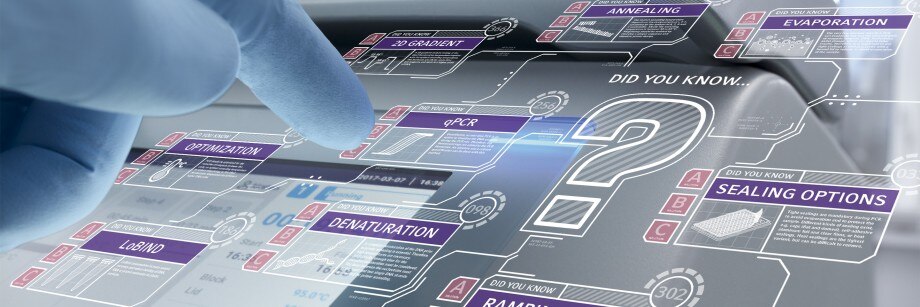MENU
IN | INR
IN | INR
No results found
Search Suggestions
Webinars

You are interested in live and on-demand webinars and demonstrations?
Eppendorf Lab Channel is a virtual platform where anyone can watch webinars for free, along with new product and application demonstrations. Peek over the shoulders of Eppendorf experts and let the details and insights illuminate the lab world.
Read more
Read less
Upcoming & Recorded Webinars
0 Results
Show 3 More

